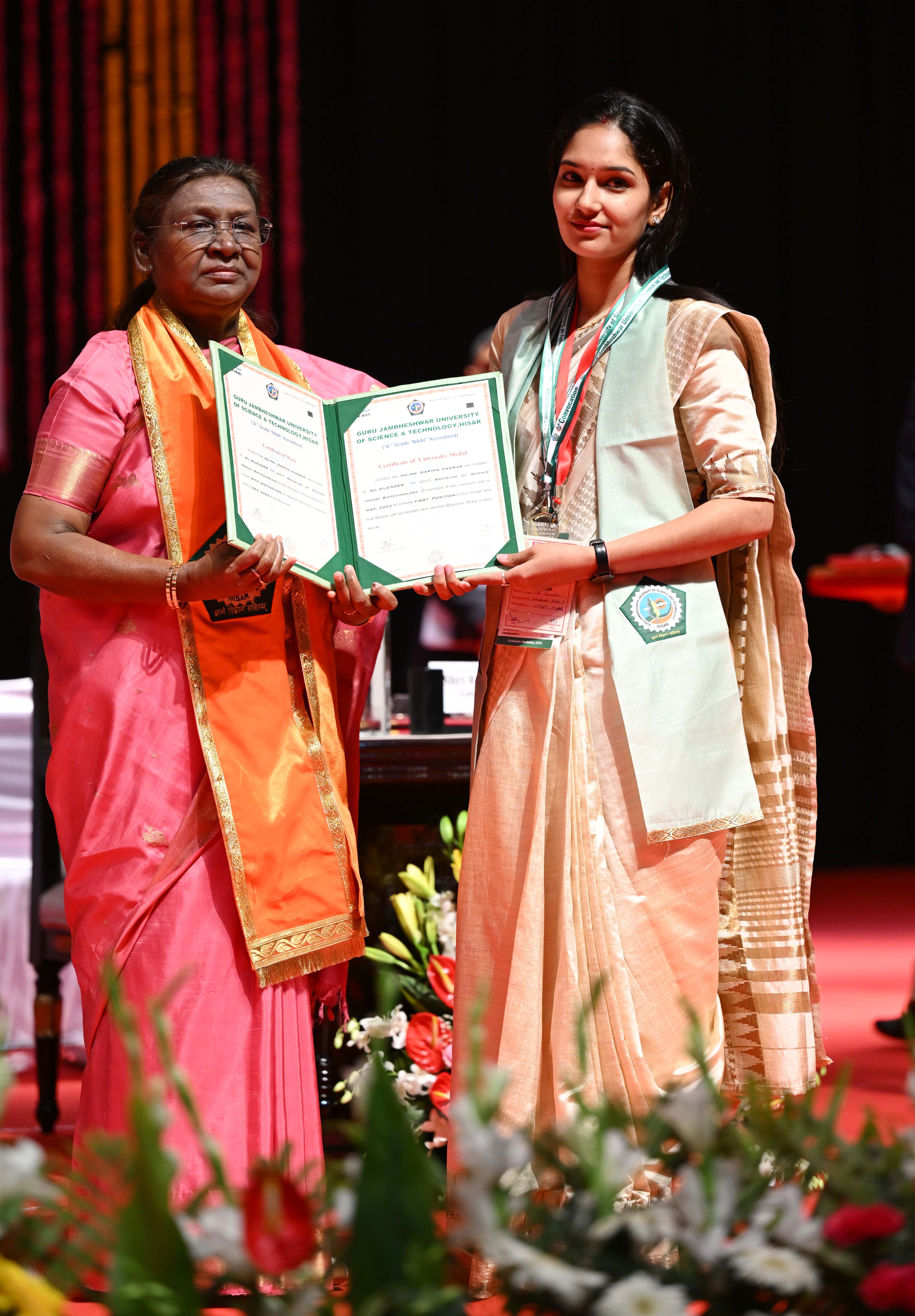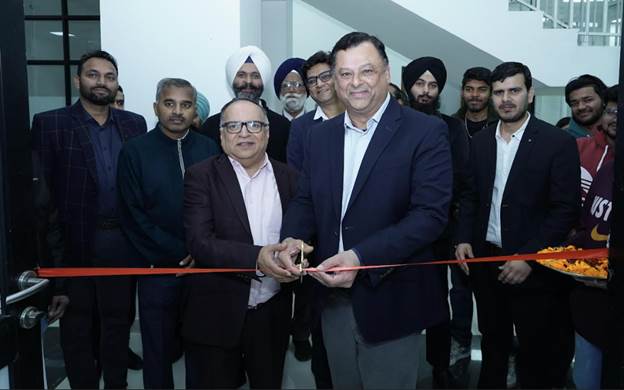The National Research Centre for Makhana (NRCM) in Darbhanga has been making remarkable strides in the research and development of makhana cultivation, contributing significantly to agricultural advancements and rural livelihoods. Equipped with modern facilities and a team of dedicated scientists, NRCM has played a pivotal role in improving makhana farming through innovation, technology, and farmer training.
 One of its key achievements has been the development of high-yielding makhana varieties and thornless water chestnut, offering better productivity and ease of cultivation. Additionally, NRCM has introduced water-efficient and integrated farming systems, including the innovative Makhana-cum-Fish farming model, which optimizes land and water resources for sustainable agriculture. Research efforts have also extended to the cultivation of Indian Lotus and medicinal plants such as Acorus calamus (Sweet Flag) and Alocasia montana, diversifying farming opportunities for rural communities.
One of its key achievements has been the development of high-yielding makhana varieties and thornless water chestnut, offering better productivity and ease of cultivation. Additionally, NRCM has introduced water-efficient and integrated farming systems, including the innovative Makhana-cum-Fish farming model, which optimizes land and water resources for sustainable agriculture. Research efforts have also extended to the cultivation of Indian Lotus and medicinal plants such as Acorus calamus (Sweet Flag) and Alocasia montana, diversifying farming opportunities for rural communities.
Recognizing the need for mechanization in makhana processing, NRCM has developed specialized equipment for seed washing, grading, roasting, and popping. These machines have been licensed to manufacturers for commercialization, significantly improving efficiency and reducing labor-intensive processes. The center has also introduced value-added products, enhancing market opportunities for farmers and entrepreneurs.
Over the years, NRCM has trained thousands of farmers, empowering them with modern techniques in makhana cultivation and processing. As a result, makhana farming has expanded from around 13,000 hectares to 35,000 hectares across multiple states, bringing economic benefits to many regions. The impact is evident in the increased adoption of advanced farming methods and the growing presence of makhana-based enterprises.
Since May 2023, NRCM has incurred an expenditure of ₹2.65 crore in 2023-24 and ₹1.27 crore in 2024-25 (as of January 2025), reflecting the government’s sustained investment in research and development. Over the past five years, the center has spent a total of ₹340.32 lakh on various initiatives aimed at improving makhana production, technology dissemination, and farmer support programs.
A crucial part of NRCM’s work has been the distribution of high-yielding makhana seeds. A total of 15,824.1 kg of seeds have been provided to farmers, Krishi Vigyan Kendras (KVKs), and organizations such as NABARD, fisheries departments, and the Bihar Horticulture Development Society. This initiative has benefited farming communities in states like Bihar, Uttar Pradesh, and Chhattisgarh, ensuring access to superior-quality seeds for better yields.
Between 2012 and 2023, NRCM trained over 3,000 farmers in modern makhana farming techniques, focusing on water efficiency, improved cropping systems, and nutrient management. Additionally, 24 enterprises, including Mithila Naturals, Maa Vaishnavi Makhana, and Swastik Food Group, have received technical support to establish and expand makhana-based industries. These collaborations have strengthened the makhana supply chain, created employment opportunities, and boosted the agricultural economy in the region.
The achievements of NRCM highlight the growing importance of makhana as a valuable agricultural commodity. With continued research, innovation, and government support, makhana farming is poised to expand further, benefiting both farmers and consumers. As the center continues to drive progress in the sector, its work stands as a testament to India’s commitment to agricultural development and sustainable farming practices.




